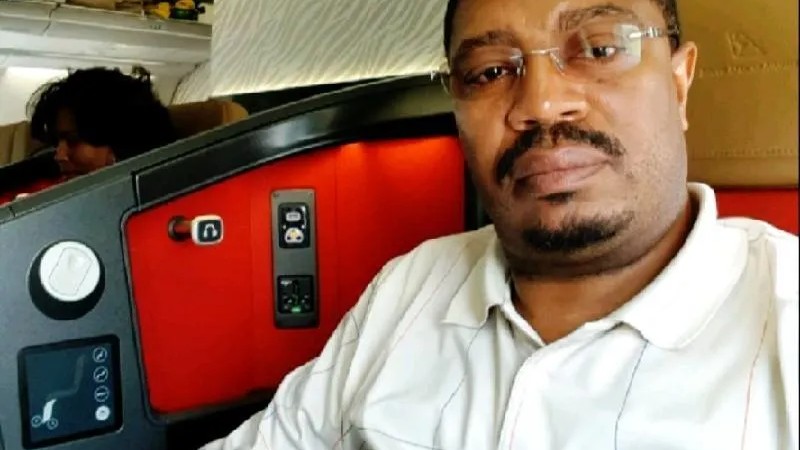A Parliamentary Ad-Hoc Committee member and a political analyst have described the kidnapping of the head of investigations and operations at the National Prosecuting Authority’s Investigating Directorate Against Corruption (IDAC) as a ‘worrying’ development.
These concerns extend to the extent to which cartels are prepared to cover up their tracks, while the other is a ‘lingering suspicion’ that it may be staged to undermine and frustrate the Ad-Hoc committee in its work.
On Friday, IDAC’s investigations head, Matthews Sesoko, was kidnapped and assaulted near Midrand, before being abandoned by his attackers, who made off with his official cellphone and laptop.
The incident has raised questions about what information was on Sesoko’s work cellphone and laptop and how this will impact the parliamentary inquiry investigating allegations made by the Lieutenant-General Nhlanhla Mkhwanazi, the KwaZulu-Natal police provincial commissioner regarding criminal infiltration, corruption, and political interference within South Africa’s justice system.
Sesoko’s kidnapping took place a day after his boss, IDAC head, Advocate Andrea Johnson, had promised to provide supporting documents for her affidavit to the Ad-Hoc Committee investigating allegations of political interference and collusion with cartels.
Albert Mncwango, an IFP MP and Ad-Hoc Committee member, said that the kidnapping incident raises a lot of questions, because some of Johnson’s responses during her appearance before the Ad-Hoc Committee were ‘very unsatisfactory’.
“She was very slippery on key aspects of her testimony. It was very difficult to pin her down so that she would tell the truth and the truth only. I can count a number of areas for me, at least, and also some contradictions. Now that makes one begin to take things with a pinch of salt, because you don’t understand what is going on in there,” Mncwango stated.
He added that after hearing about the incident, he began connecting the dots in his head.
“I asked myself, why is this kidnapping of a person with all the information that we want? Who is kidnapping him? Who would do that? Is it real? Was he, in fact, kidnapped? Was that information there in the first place? If it was there, are they willing to share it with the Committee?” Mncwango said.
He added, “Unless they (IDAC) can answer all those questions, it will be difficult for anyone to believe that this is a genuine case of criminality”.
Mncwango said IDAC should explain to the committee about exactly what happened.
“If they can’t willingly give us information, I’m sure there is an instrument in the hands of the committee to subpoena information from whoever,” Mncwango said.
Professor Sipho Seepe, a political analyst from the University of Zululand, said that the kidnapping of IDAC’s investigating head on its own is ‘worrying’.
He added that the timing of the incident raises eyebrows as it coincides with IDAC’s expectation of related documents that were promised by its head, Johnson.
“On the one hand, this reflects the extent to which the cartels are prepared to cover up their tracks. On the other hand, there is lingering suspicion that these may be staged to undermine and frustrate the Ad-Hoc committee in its work,” Seepe said.
“Be that as it may, it would seem irresponsible if IDAC were to leave all the sensitive information in (the hands of) one person. Accordingly, one does expect this to seriously frustrate the work of the Parliamentary Ad-Hoc committee. The very fact that the head of IDAC promised to submit documents is reason enough to assume that she has had access to the requested information.”
IDAC spokesperson Henry Mamothame said, “IDAC will not be commenting on these matters at this stage.”
He declined to comment on whether the information meant to be submitted to the Ad-Hoc Committee was lost during the kidnapping and theft.
